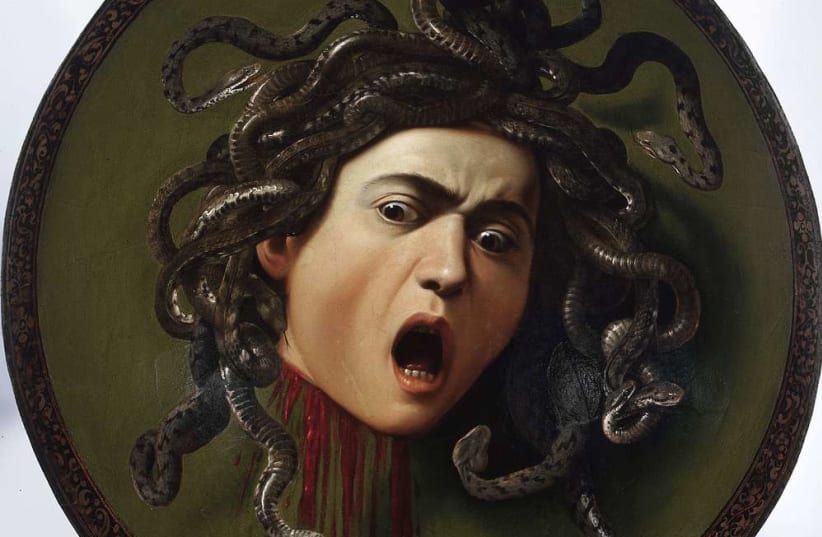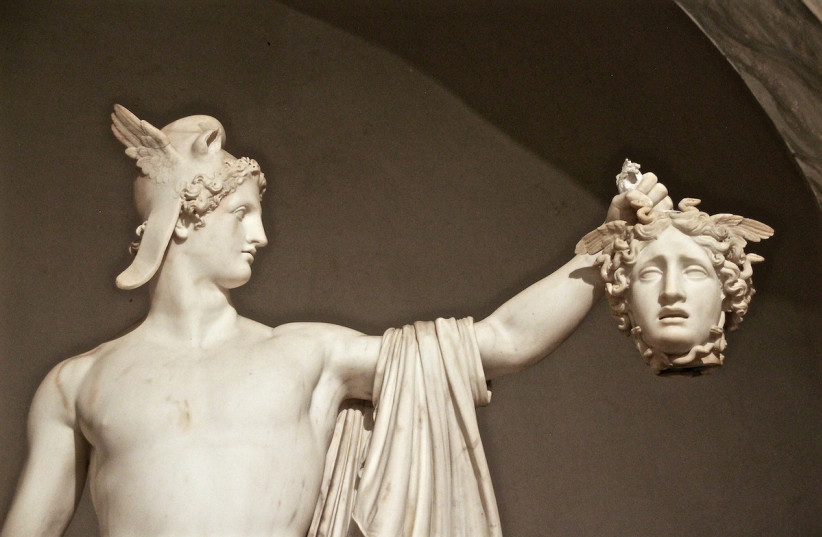Archaeologists uncovered something unusual while recently excavating an ancient Roman villa: Two mosaics depicting the Greek mythological figure Medusa.
In Greek mythology, Medusa is one of the three Gorgons. According to the myth, Medusa has hair made of serpents and turns anyone who looks at her into stone.
The mythology tells of how Athena, the goddess of wisdom, put Medusa's head on her shield and breastplate after she had been beheaded, but she isn't the only goddess to be depicted this way. Zeus, king of Olympus and other gods such as Ares, god of war, were also depicted with Medusa emblazoned on their shields.
A LiveScience report citing a presentation at the annual meeting of the Archaeological Institute of America meeting in January 2023 explained that in both mosaics, Medusa appears to be looking off into the far distance.
The mosaics, according to LiveScience, were found in the Villa of the Antonines in Rome, Italy and date to the second century CE. The site has been in the process of excavation by the Montclair State University Archaeology Field School in recent years.
While archaeologists are not sure exactly what this room with two medusa mosaics was used for, it "definitely must have been quite impressive to enter the room," said Deborah Chatr Aryamontri, associate professor of classics and general humanities at Montclair State University to LiveScience in an interview.
Sifting through ancient remains
"Finding those mosaics [was] a pleasant surprise," Chatr Aryamontri said. She told LiveScience that most of the villa's more magnificent pieces were removed in the 18th and 19th centuries.
Unfortunately, there has been a significant amount of damage and disturbance to the site. "We actually found some World War II artifacts" during the excavation, Chatr Aryamontri said.
Medusa in the east
A 1,800-year-old military medal with the head of Medusa on it was discovered by archaeologists in Turkey in October 2022.
The medal was found in the city of Perre which is one of the five big cities that were part of the ancient Greco-Iranian kingdom of Commagene.
“The medal with a Medusa head appears as an award given to a soldier for his success,” said the director of the Adiyaman Museum Mehmet Alkan.
“It is a medal that a soldier wears on his shield during a military ceremony," he added.

